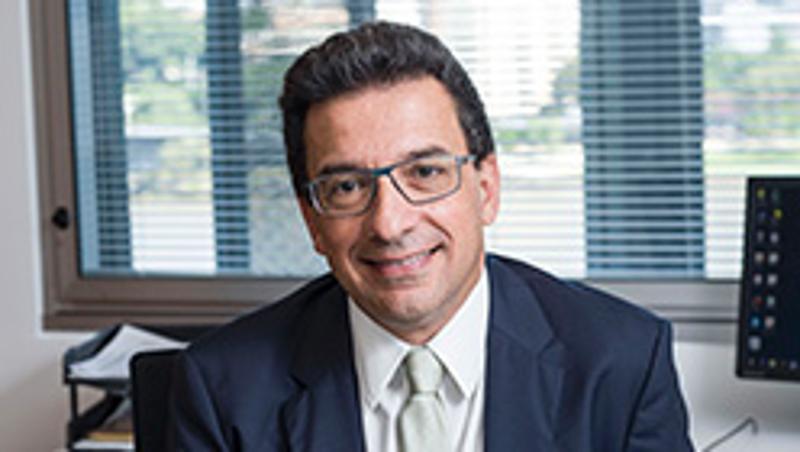
US President Donald Trump’s proposal to cut company tax to 20 from 35 per cent and increase the tax take could work, QUT School of Economics and Finance head Professor Pascalis Raimondos says.
Professor Raimondos and Professor Sara McGaughey of Griffith University have looked at the reform of the corporate tax system proposed by the Republican Party in the US and have given aspects of it the ‘thumbs up’, but with some reservations.
“The secret of the Trump government proposal lies in taxing domestic cash flows and not global profits. Global profits are easy to manipulate, but cash flows are not,” Professor Raimondos said
“However, the success of this reform would depend upon what other countries would do and whether it would be allowed under World Trade Organisation rules.
“Put simply, a ‘cash-flow tax’ focuses on tangible ‘activity’ – that is, sales in the US, minus labour costs. Such activity is relatively easy to measure and difficult to hide, unlike profits that can be shifted and manipulated by global firms so that they pay virtually no tax.
“Under this system no capital or intangible assets such as R&D, blueprints, and goodwill are involved in cash-flows. The costs of buying materials from other firms are not included either because these materials are revenues for the firms selling them and have, therefore, already been taxed.
“Where materials are imported, a border adjustment tax would be imposed to level the field with domestically sold materials.
“With the large size of the US market, the tax take is likely to increase, even with the drop in the corporate tax rate.”
Professor Raimondos said other countries were unlikely to just follow the US.
“In fact, it would come as no surprise if the US found itself hauled up in front of the World Trade Organisation because the border adjustment tax could well fall foul of WTO rules,” he said
“Even if that does not prove to be enough of a headache for the US, the ultimate success of the cash-flow tax would lie in how other countries react to it.
“When production lies all over the world, one country’s tax affects how other countries tax. A radical reform by the US would induce reforms in other countries, and we need to think carefully what the end result will be.
“During the past 50 years we have learned that viable and long-run solutions are global solutions, and not what one country decides alone.
“A destination-based cash-flow tax has not yet won the trust of the experts working on these issues.
“Alternative international taxing arrangements have been proposed. A step in the right direction is system, formula apportionment, which the EU currently proposes for within its borders.
“The US states have been applying this tax system internally for the past 40 years.
“If the EU were to adopt this system and US had it, then perhaps a push for adopting it as an international taxing system would not be far away. We should all take a look.”
More on Professor Pascalis Raimondos and Professor Sara McGaughey’s analysis here.
Media contact: Niki Widdowson, QUT Media, 07 3138 2999 or n.widdowson@qut.edu.au
After hours: Rose Trapnell, 0407 585 901 or media@qut.edu.au.




